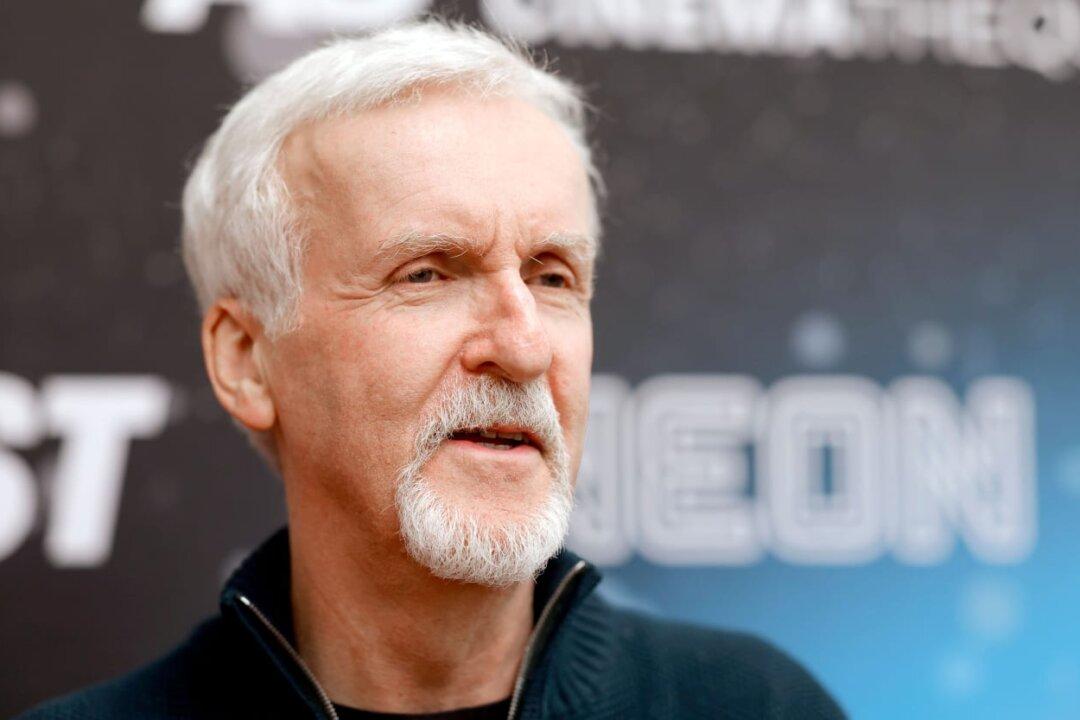TV-PG | 3 episodes | Documentary, Nature | 2024
Earth Day 2024 sees the release of “Secrets of the Octopus,” a three-part, two-hour-plus long docuseries produced by National Geographic Films (NGF) and Oscar-winning director James Cameron.

TV-PG | 3 episodes | Documentary, Nature | 2024
Earth Day 2024 sees the release of “Secrets of the Octopus,” a three-part, two-hour-plus long docuseries produced by National Geographic Films (NGF) and Oscar-winning director James Cameron.